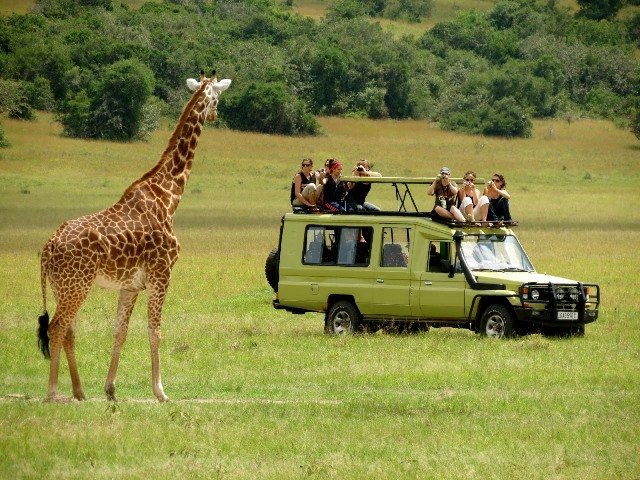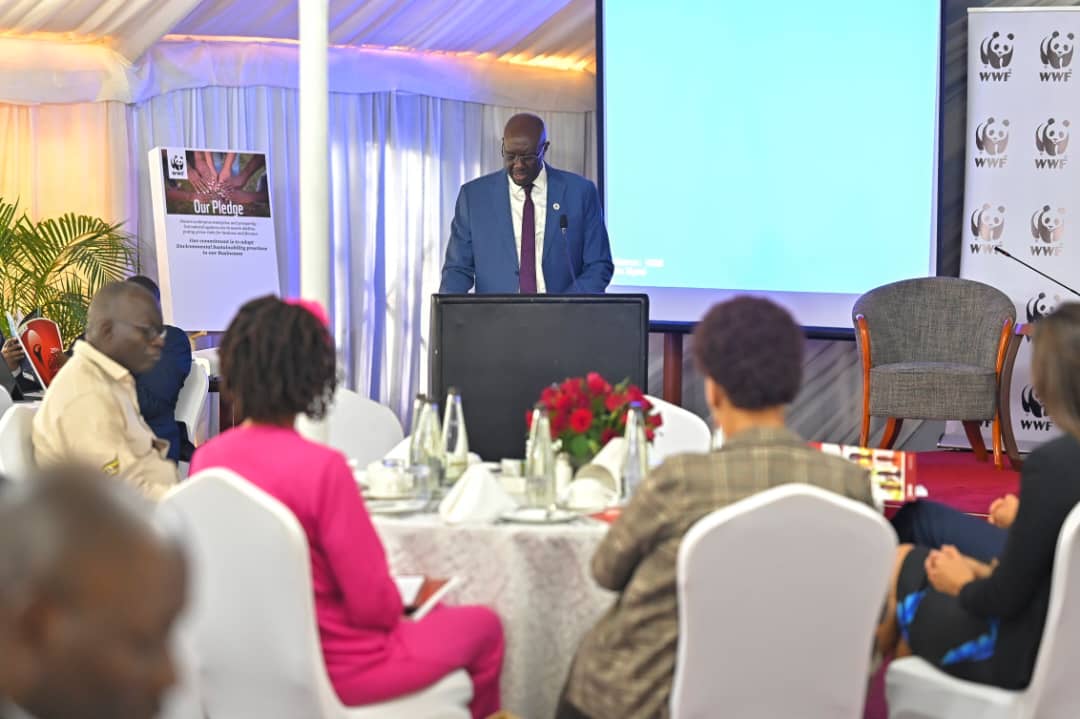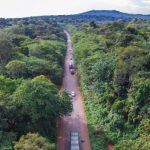
UGANDA’S WILDLIFE FACES RAPID DECLINE AMID GLOBAL BIODIVERSITY CRISIS
A new report by the World Wide Fund for Nature (WWF) reveals a troubling drop in Uganda’s wildlife and aquatic populations, echoing global trends of environmental decline.
The 2024 WWF Living Planet Report, titled “System in Peril,” warns that the Earth is on the verge of critical tipping points due to biodiversity loss and climate change. These changes, such as the possible collapse of the Amazon rainforest and coral reef die-offs, are projected to have far-reaching impacts on food security and livelihoods worldwide. According to Harold Turinawe, WWF’s Forest Markets Transformation Manager, Uganda’s lion, hippo, and leopard populations have been shrinking rapidly. “Hippos have halved from 20,000 to just 10,000, and leopards, estimated at 1,000, are increasingly rare,” Turinawe shared.
Causes of Decline
The study points to habitat destruction, overuse, climate change, pollution, and disease as leading causes of the loss of wildlife and aquatic species. Deforestation, unsustainable farming, urban development, and mining all contribute to habitat degradation. For freshwater habitats, river fragmentation and water extraction are top threats, while marine ecosystems face damage from coastal development and practices like bottom trawling.
Climate change, too, disrupts natural patterns. As temperatures shift, species struggle to adapt, often triggering seasonal events, such as migration or reproduction, at the wrong times, which can jeopardize survival.
Some Positive Developments
Amid the alarming findings, there is hope. The report highlights a 3% rise in gorilla populations across Uganda, Rwanda, and the Democratic Republic of Congo.
Ivan Tumuhimbise, WWF Uganda Country Director, praised WWF’s partnerships with local communities and government efforts to safeguard ecosystems and the people who rely on them. “Protecting biodiversity is a shared responsibility. Business thrives when our planet and communities do,” Tumuhimbise emphasized, calling for increased public and private involvement.
He also stressed the importance of partnerships, saying, “Collaboration is essential to preserve our planet for future generations.”
Sam Mwandha, Executive Director of Uganda Wildlife Authority (UWA), expressed his concern over the ongoing destruction of natural forests, which are often replaced by eucalyptus and pine. 
“The biodiversity of natural forests supports wildlife and plant populations in ways artificial forests cannot,” he said. Mwandha urged all sectors to take action, saying, “It’s time to act—at individual, household, and institutional levels—to reverse these alarming trends for the future of all Ugandans and our planet.”




